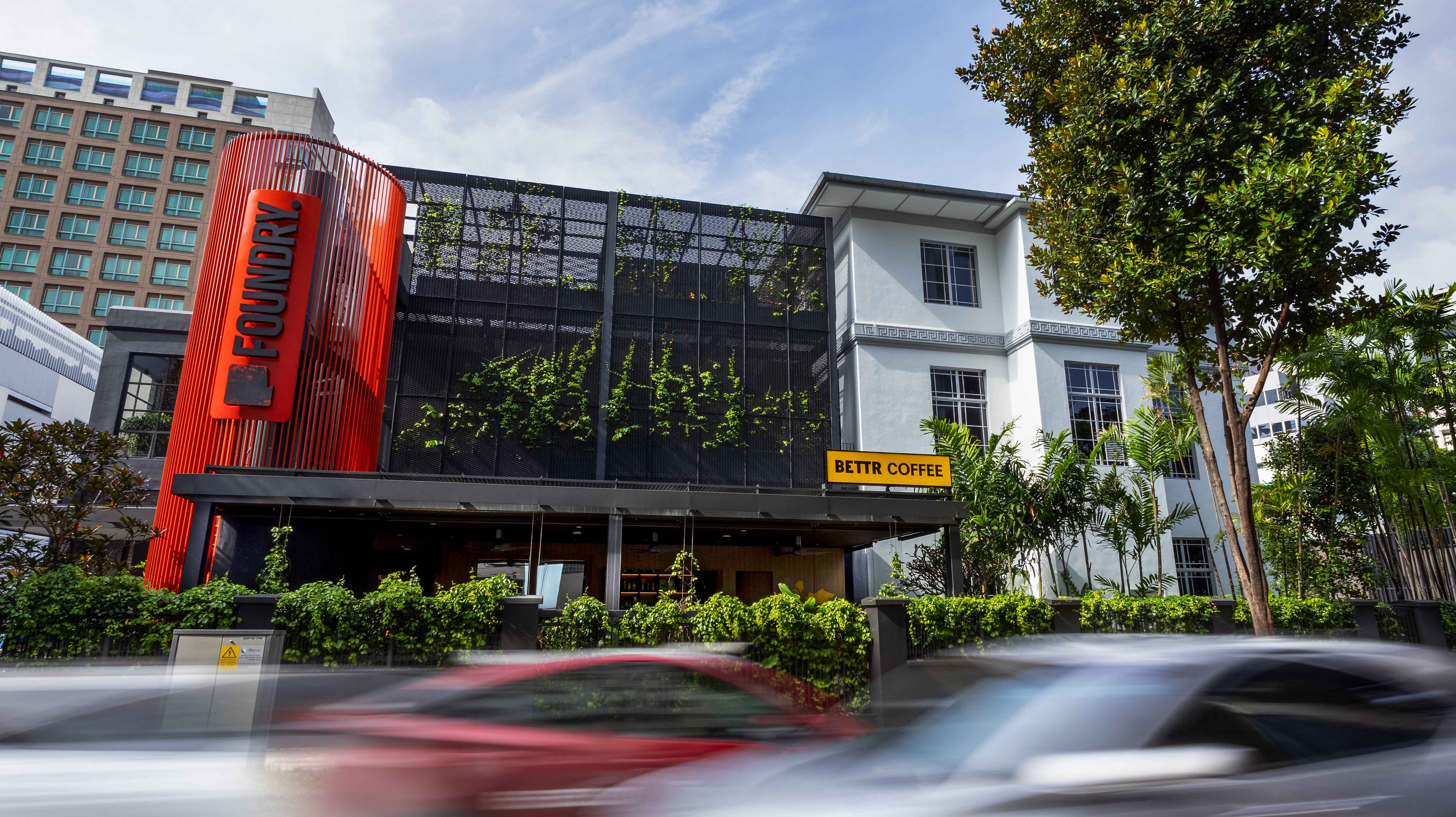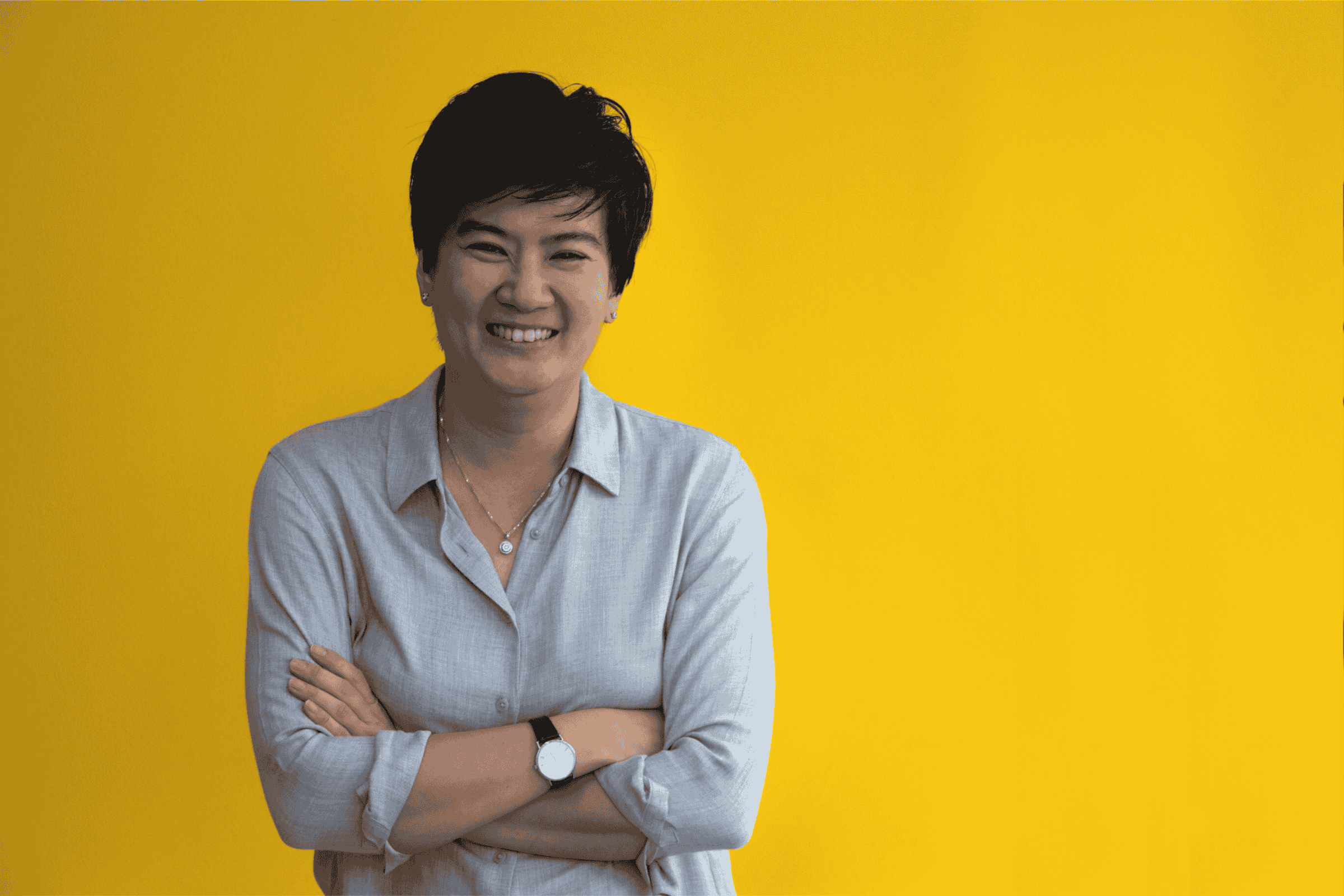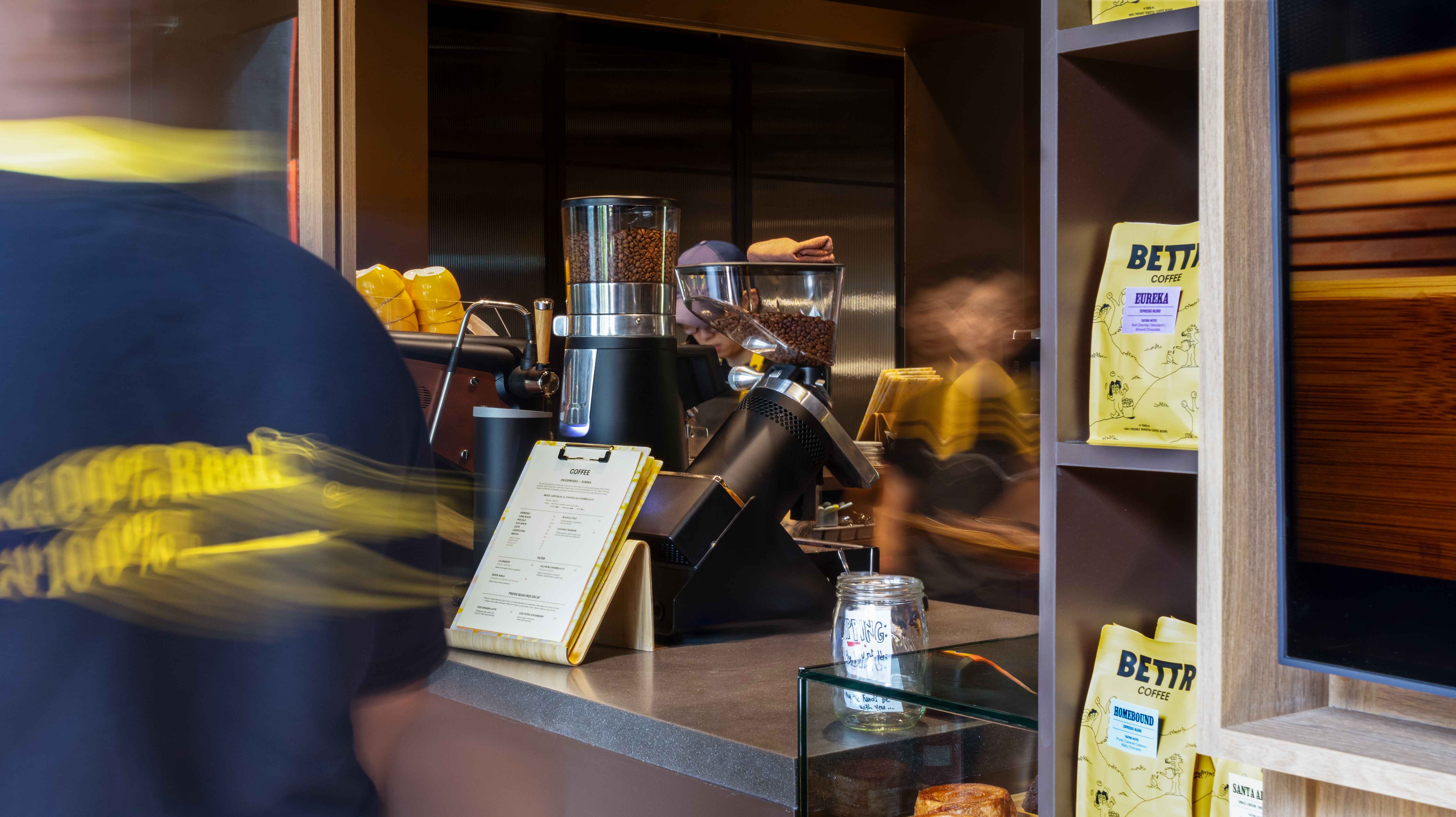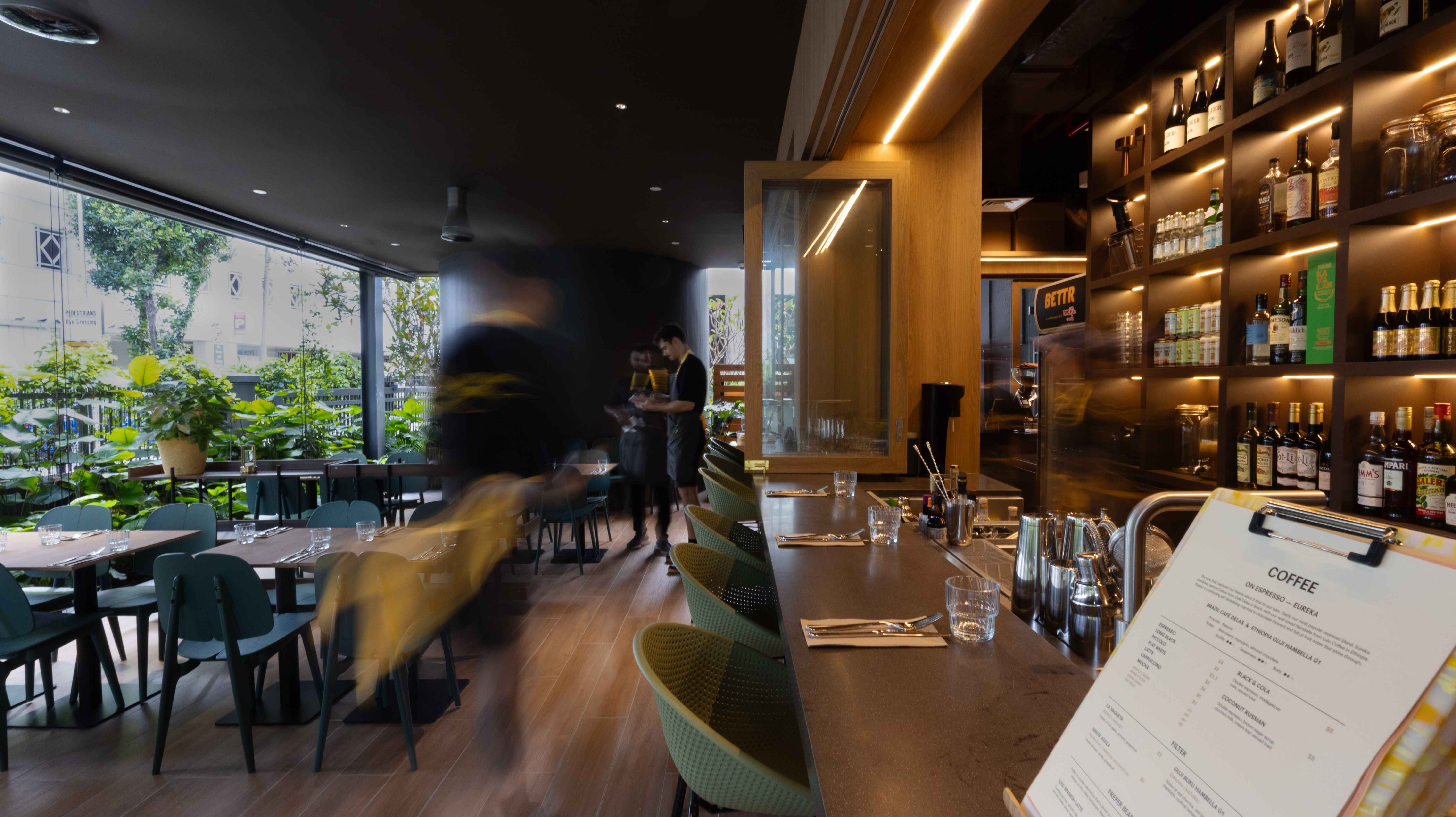When Pamela Chng started Bettr Barista in 2011 as a profits-with-a-purpose entity, she faced much skepticism. But she always remembered the example of her grandmother, who had raised four children while running a successful dressmaking business that provided income opportunities to young women.
Fourteen years later, the Bettr Group, whose name is deliberately mis-spelt to reflect its mission of improving imperfect lives, is not only known for its sustainably sourced specialty coffees, but has also won accolades for its community impact.
For Chng, coffee was more than a commercial brew; it was also a means of bringing greater awareness to social issues, such as empowering those from disadvantaged backgrounds and improving the livelihoods of independent coffee producers.
Bettr’s full-service mobile coffee bars are often hired for corporate events and are usually run by trainees from its education arm, Bettr Academy, which is the largest Specialty Coffee Association Premier Training campus in Asia-Pacific. Over 15,000 people have gone through the Academy’s programmes, including those from marginalised backgrounds like at-risk youth and prison inmates. When Chng saw a need for mental and emotional resilience in vulnerable individuals, she started Bettr Lives in 2019 to impart emotional wellbeing skills in schools, companies, and youth organisations.

In February, Bettr Coffee opened its first sit-down café at social impact hub The Foundry. The work- and pet-friendly space with an herb garden serves ethically sourced coffee and tea, craft cocktails, natural wines, and small plates.
Chng shared: “[The café] is not only another business component that drives revenue and growth; it also creates more employment opportunities and space for consumer education and awareness, and to talk about what conscious consumption looks and feels like.”
Economic headwinds aside – coffee bean prices have surged 70 per cent to a 47-year high – Chng believes that there is now a deeper understanding of Bettr’s mission with the current corporate emphasis on environmental, social, and governance (ESG) principles. She has also noted a more conscious way of living and consumption among Gen Z and millennial customers.
She explained: “This has helped to move forward the idea that there needs to be some positive impact in your existence as a business. But it's still tricky as economies are shifting, and business models and cost structures are changing rapidly. As much as some people say they want to support and do good, it still comes down to dollar and cents.”
She added wryly, “There are people who still think that Bettr is a charity and that impact work doesn’t cost money, hence we shouldn’t charge more. But it costs more to source sustainable ingredients and to be an inclusive employer that accommodates individuals with challenges.”
(Related: How a hunch turned into a thriving business opportunity for this wine bar proprietor)

“[The café] is not only another business component that drives revenue and growth; it also creates more employment opportunities and space for consumer education and awareness, and to talk about what conscious consumption looks and feels like.”
Bettr buys their coffees either directly from producers, or from other B Corps or Rainforest Alliance-certified companies. It also pays, on average, more than 100% above the Fairtrade premium to ensure that farmers and producers directly receive significantly higher compensation than from the standard ethical sourcing models. They are now working on sourcing carbon-neutral beef and partnering local suppliers that employ those with disabilities.
Another myth: Social enterprises offer lower quality products and services. Intensive staff training, as well as on-the-ground visits to and research on suppliers are all part of Chng’s push for quality.
She said: “We strive for excellence and our repeat customers is a testament to that. As for our coffee pricing, we strive to be market competitive – we’re not the cheapest, but we’re also not the most expensive. Most of the time, our profit margins are a lot less because we choose to balance purpose with profit.”
(Related: Singapore's New Guard - Leon Foo, MORNING)

Even before Bettr became the first B Corporation in Southeast Asia in 2015, the company had benchmarked itself against the B Corp criteria of governance, workers, community, environment, and customers. Its overall score has climbed from 109 in 2015 to the current 151.3 points out of 200, almost twice that of the minimum 80 points required for B Corp certification.
Today, Chng finds herself in a unique space as a leader, where she learns to take a more strategic role than a hands-on one. She joked: “It’s like having a mature teenager on one hand and a newborn on the other. There are stable systems and a strong team running the academy and online store. For the café, it’s getting my hands into the startup world all over again, which is something I enjoy.”
(Related: Sustainability in action - Prefer Bean-Free Coffee)

Chng plans to open more cafes in Singapore and expand their coffees and community development programs to the rest of the Asia-Pacific region. The focus is not on exponential growth, but to create a sustainable ecosystem.
She said: “The journey to achieving our purpose is obviously meandering, but the larger goal of using the business as a force for good and creating impact in the various ecosystems that we exist in – that has not changed. When someone steps into Bettr Coffee, we want them to know that they’re not just consumers, but contributors and value creators.”















 Back
Back
